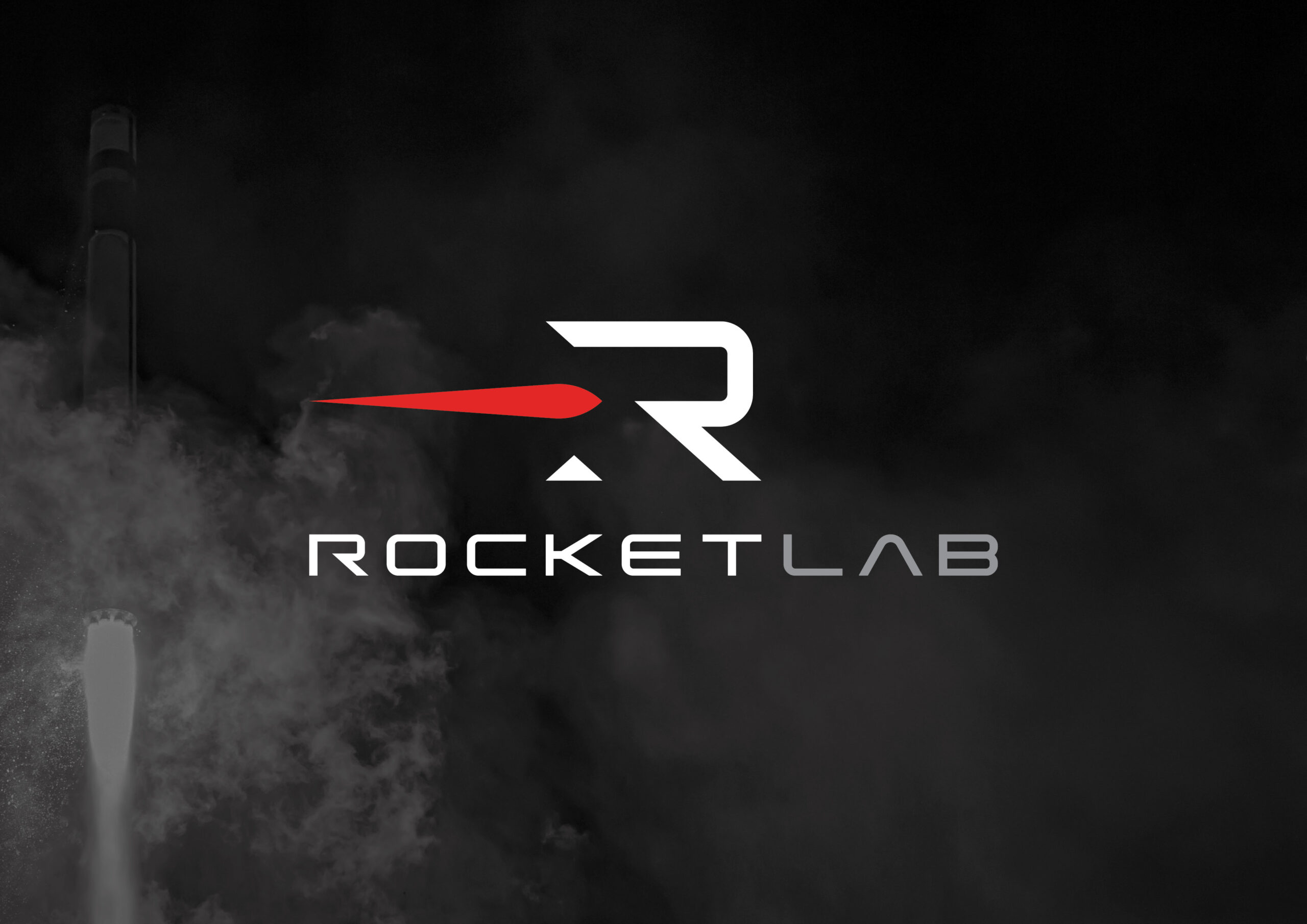Rocket Lab Launches New Constellation-Class Star Tracker

Rocket Lab USA, Inc. (Nasdaq: RKLB) (“Rocket Lab” or “the Company”), a global leader in launch services and space systems, today announced a new class of star tracker, the ST-16HV, is now available for commercial use, expanding the Company’s Space Systems catalogue of products for the global satellite market.
The new ST-16HV star tracker is an attitude determination sensor based on Rocket Lab’s existing high-performance ST-16RT2 star tracker that has been evolved for mass manufacturing. The change results in a more affordable star tracker that is mass producible to meet the short lead time needs of both commercial and government satellite constellation projects.
By using the same electronics and electrical interface and much of the same mechanical design as the heritage star tracker, the ST-16HV can be used in its place as a responsive small satellite solution, especially for satellites and constellations in low Earth orbit.
“Rocket Lab’s Space Systems Division has made tremendous strides in developing new technology and products and the new ST-16HV star tracker is the latest to join a long list of reliable and trusted space components,” said Brad Clevenger, Vice President, Space Systems. “This new mass-produced star tracker will be a game changer in fulfilling the growing demand from satellite constellation customers and will be made at the Sinclair by Rocket Lab facility where we already mass produce reaction wheels.”
The ST-16HV star tracker is the latest new satellite component announced in 2023, after the Frontier-X satellite radio and constellation-class 12Nms reaction wheel assembly were released in February.
The ST-16HV star tracker joins the Company’s existing heritage space systems components including reaction wheels, separation systems, radios, flight software, ground software, and solar power solutions. Rocket Lab has more than 100 star trackers on orbit, including on the Defense Advanced Research Projects Agency’s (DARPA) Mandrake 1 and Mandrake 2 satellites and Rocket Lab’s in-house designed and built Lunar Photon spacecraft which supported NASA’s Artemis program that delivered the Cislunar Autonomous Positioning System Technology Operations and Navigation Experiment (CAPSTONE) CubeSat to orbit the Moon.
For information about Rocket Lab’s Space Systems products, visit rocketlabusa.com.
- About Rocket Lab
Founded in 2006, Rocket Lab is an end-to-end space company with an established track record of mission success. We deliver reliable launch services, satellite manufacture, spacecraft components, and on-orbit management solutions that make it faster, easier and more affordable to access space. Headquartered in Long Beach, California, Rocket Lab designs and manufactures the Electron small orbital launch vehicle, the Photon satellite platform and the Company is developing the large Neutron launch vehicle for constellation deployment. Since its first orbital launch in January 2018, Rocket Lab’s Electron launch vehicle has become the second most frequently launched U.S. rocket annually and has delivered 159 satellites to orbit for private and public sector organizations, enabling operations in national security, scientific research, space debris mitigation, Earth observation, climate monitoring, and communications. Rocket Lab’s Photon spacecraft platform has been selected to support NASA missions to the Moon and Mars, as well as the first private commercial mission to Venus. Rocket Lab has three launch pads at two launch sites, including two launch pads at a private orbital launch site located in New Zealand and a third launch pad in Virginia. To learn more, visit www.rocketlabusa.com.
Contacts
- Rocket Lab Media Contact
Morgan Bailey
media@rocketlabusa.com








